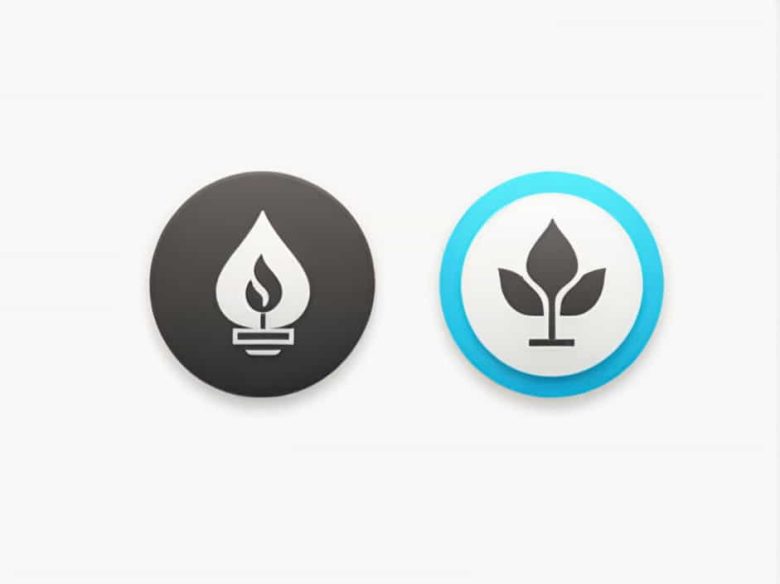The Better Business Bureau (BBB) is a nonprofit organization that helps consumers find trustworthy businesses and resolve disputes. Founded in 1912 the BBB promotes ethical business practices and provides ratings for companies based on customer reviews complaint resolution and overall transparency.
Many consumers rely on BBB ratings to make informed purchasing decisions while businesses use BBB accreditation to build credibility and trust. This guide will explain what the BBB does how it works and why it matters to both consumers and business owners.
What Does the Better Business Bureau Do?
The BBB serves as a bridge between consumers and businesses by offering several key services:
1. Business Ratings and Reviews
The BBB assigns businesses a rating from A+ to F based on various factors including:
- Customer complaints and how they are handled
- Transparency of business operations
- Length of time in business
- Compliance with BBB accreditation standards
These ratings help consumers determine whether a company is reliable and ethical.
2. Dispute Resolution Services
If a customer has an issue with a business they can file a complaint with the BBB. The organization works as a mediator to help both parties reach a fair resolution. Businesses that actively resolve complaints through the BBB tend to have better ratings.
3. BBB Accreditation
Businesses that meet the BBB’s high ethical standards can become BBB Accredited. This means they:
- Follow fair advertising and sales practices
- Respond to customer complaints professionally
- Maintain transparency in their operations
Accredited businesses can display the BBB seal which enhances their reputation and builds consumer trust.
4. Scam Alerts and Consumer Education
The BBB tracks scams and fraudulent activities providing alerts to help consumers avoid potential scams. Their website features a Scam Tracker tool that allows users to report and check for scams in their area.
5. Charity Evaluations
The BBB also assesses nonprofit organizations to ensure they meet ethical fundraising and operational standards. This helps donors make informed decisions about where to contribute their money.
How Does the BBB Rating System Work?
The BBB uses a point-based system to determine a business’s rating. Here’s a breakdown of how ratings are assigned:
1. A+ to F Scale
- A+ (highest rating): Business has a strong history of ethical practices quick complaint resolution and transparency.
- C to D: Business may have unresolved complaints lack transparency or poor customer interactions.
- F (lowest rating): Business has a high number of complaints refuses to resolve issues or engages in deceptive practices.
2. Factors That Affect Ratings
- Complaint history: The number and severity of complaints.
- Time in business: Older businesses with a good track record tend to have better ratings.
- Transparency: Companies that provide clear and accurate business information receive higher ratings.
- Legal action: If a business has been involved in serious legal disputes or regulatory violations it may receive a lower rating.
Why Is the BBB Important for Consumers?
1. Helps Consumers Find Trustworthy Businesses
When making a purchase hiring a contractor or selecting a service provider checking the BBB rating can help ensure you’re dealing with a reputable company.
2. Provides a Way to Resolve Complaints
If you have a dispute with a company filing a complaint with the BBB can often lead to a resolution. Businesses are more likely to respond when a complaint is handled through the BBB.
3. Protects Against Scams
The BBB monitors scams and provides alerts helping consumers avoid fraudulent schemes. Before making a purchase or donating to a charity checking with the BBB can prevent potential financial losses.
Why Should Businesses Care About the BBB?
1. Builds Credibility and Trust
A good BBB rating signals to customers that a business is ethical and reliable. Many consumers check BBB ratings before making a purchase.
2. Increases Customer Confidence
Displaying a BBB Accreditation Seal can attract more customers who prefer to do business with trusted companies.
3. Helps with Reputation Management
Businesses that actively resolve complaints through the BBB can improve their public image and customer relationships.
4. Competitive Advantage
A higher BBB rating can set a business apart from competitors especially in industries where trust is a key factor (e.g. home services finance and healthcare).
Common Misconceptions About the BBB
1. The BBB Is a Government Agency
The BBB is a private nonprofit organization not a government agency. It does not have legal authority but acts as an independent consumer advocate.
2. Only Accredited Businesses Get Good Ratings
BBB accreditation is not required to receive a good rating. Many highly-rated businesses are not accredited but still meet the BBB’s standards for ethical business practices.
3. The BBB Resolves Complaints Like a Court
The BBB helps mediate disputes but it does not have legal power to enforce decisions. It relies on businesses to voluntarily resolve issues.
How to Check a Business’s BBB Rating
To check a company’s BBB rating follow these steps:
- Visit the BBB’s official website.
- Enter the business name or location in the search bar.
- Review the company’s rating complaints and accreditation status.
The Better Business Bureau plays a vital role in promoting ethical business practices and helping consumers make informed decisions. With its rating system dispute resolution services and scam alerts the BBB serves as a trusted resource for both consumers and businesses.
For consumers checking a BBB rating can prevent scams and ensure quality service. For businesses maintaining a good BBB rating and accreditation can enhance credibility and attract more customers. Understanding how the BBB works can help you make better financial and business decisions.



